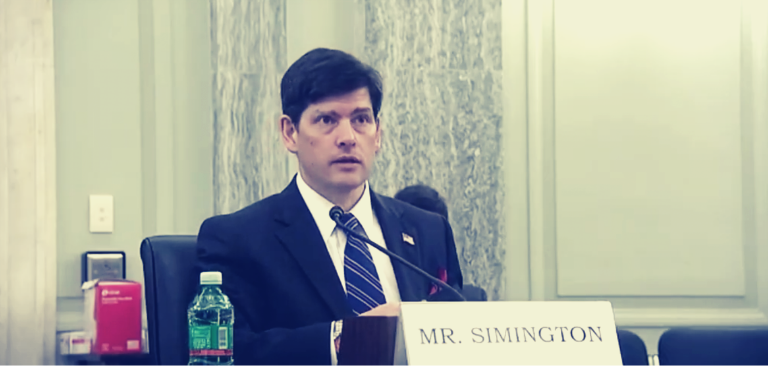The US Federal Communications Commission (FCC) has a new member: Nathan Simington, nominated by President Trump and now confirmed by the Senate.
Simington, who will become one of the two Republican commissioners in this independent body that also has two Democrats and a chairperson (currently Ajit Pai, who is about to leave the post in January) was previously greeted with suspicion because of how little Washington lobbyists knew about him.
Another reason might have been the fact he was nominated by Trump, who is also trying to enlist FCC’s help in curbing the right of Big Tech to apply widespread censorship, particularly on social media, with no legal consequences.
To this end Trump signed an executive order whose goal was to have the FCC draft changes to Section 230 of the Communications Decency Act (CDA), passed in 1996.
The legislation protects tech companies, i.e., internet service providers, both from legal action because of third party content they host.
As the fundamental building block that has allowed them to become the powerful giants they are today, the likes of Amazon, Google, Facebook, Microsoft and Apple are strongly opposed to any changes to the legislation, and expressed concern about Simington as an “unknown entity” at the time of his nomination, via the comments made by the Technology Policy Institute, an organization they and others in the industry bankroll.
Now the future of the initiative to enact changes to Section 230 that would introduce a degree of responsibility and fairness around free speech and censorship is uncertain, as Pai is leaving his post next month, having previously supported the proposal, and having joined in the criticism of Big Tech over issues such as censorship, and the real motive of their pro-net neutrality position.
Speaking last year, Pai was critical of these giants as more of a threat to free expression and of censorship than ISPs, saying that Big Tech’s stance in support of net neutrality more than anything else had the goal of securing their existing position of power and dominance over the internet economy.













